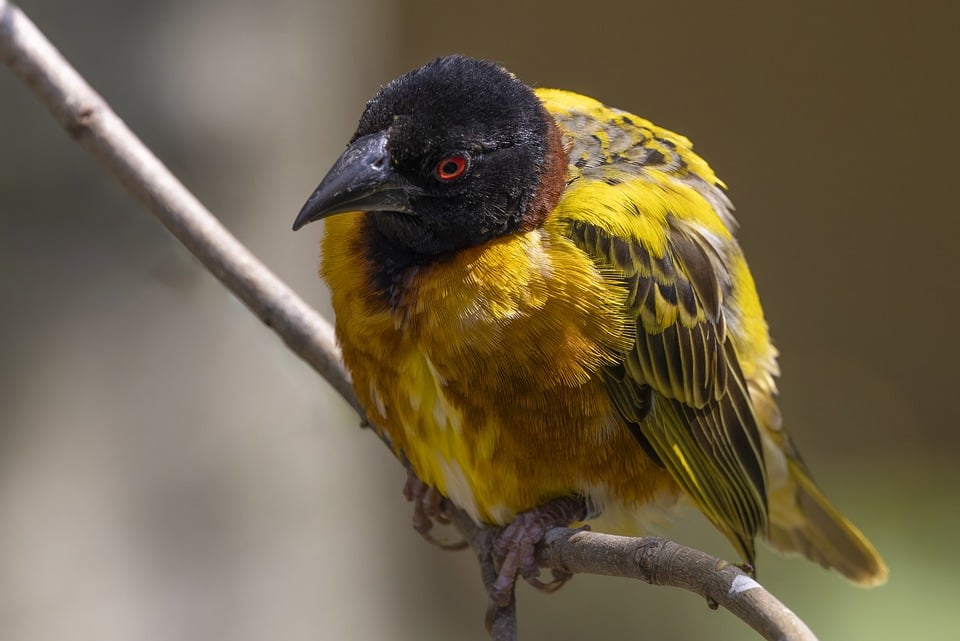[ad_1]
In a world where globalization and modernization are rapidly changing cultural landscapes, traditional beliefs often find themselves at a crossroads. Misconceptions and stereotypes surrounding these beliefs can perpetuate harmful narratives that overshadow their true essence and significance. In this article, we will delve into the intricate dynamics of traditional beliefs, challenging stereotypes, and shedding light on their historical context, current state, and future predictions.
Historical Context: Understanding the Roots of Traditional Beliefs
Traditional beliefs are deeply rooted in the history and culture of communities around the world. They encompass a wide range of religious, spiritual, and cultural practices that have been passed down through generations. These beliefs often reflect the values, customs, and worldviews of a particular community, shaping their identity and sense of belonging.
– Traditional beliefs are often closely tied to nature and the environment, with rituals and ceremonies connected to seasonal changes, agricultural practices, and celestial events.
– Many traditional beliefs involve ancestor veneration, honoring the legacy and wisdom of past generations.
– These beliefs often provide a sense of community and unity, fostering social cohesion and solidarity among members.
Current State: The Challenges and Opportunities of Traditional Beliefs
In the face of rapid globalization and modernization, traditional beliefs are increasingly facing challenges that threaten their survival and relevance. At the same time, there are opportunities for these beliefs to adapt and evolve in a changing world.
– Urbanization and migration have disrupted traditional communities, leading to the erosion of cultural practices and rituals.
– Westernization and the spread of dominant world religions have marginalized traditional beliefs, labeling them as primitive or superstitious.
– However, there is a growing recognition of the value of traditional knowledge systems in promoting sustainable practices and holistic well-being.
Future Predictions: Navigating the Path Forward for Traditional Beliefs
As we look ahead to the future, it is essential to consider how traditional beliefs can adapt and thrive in a rapidly changing world. By embracing innovation and collaboration, traditional beliefs can continue to play a vital role in shaping cultural identities and fostering resilience.
– Empowering youth and future generations to embrace and continue traditional beliefs through education and cultural exchange programs.
– Building partnerships with government agencies, NGOs, and academic institutions to promote the preservation and revitalization of traditional knowledge systems.
– Leveraging technology and digital platforms to connect with a global audience and share the richness and diversity of traditional beliefs.
Conclusion
In conclusion, challenging stereotypes and unpacking misconceptions about traditional beliefs is essential to fostering mutual respect and understanding in a diverse world. By recognizing the significance and value of these beliefs, we can celebrate the beauty and complexity of cultural diversity. We invite readers to explore further resources and engage in meaningful conversations that honor and uplift traditional beliefs. Thank you for joining us on this journey of exploration and discovery.
[ad_2]
